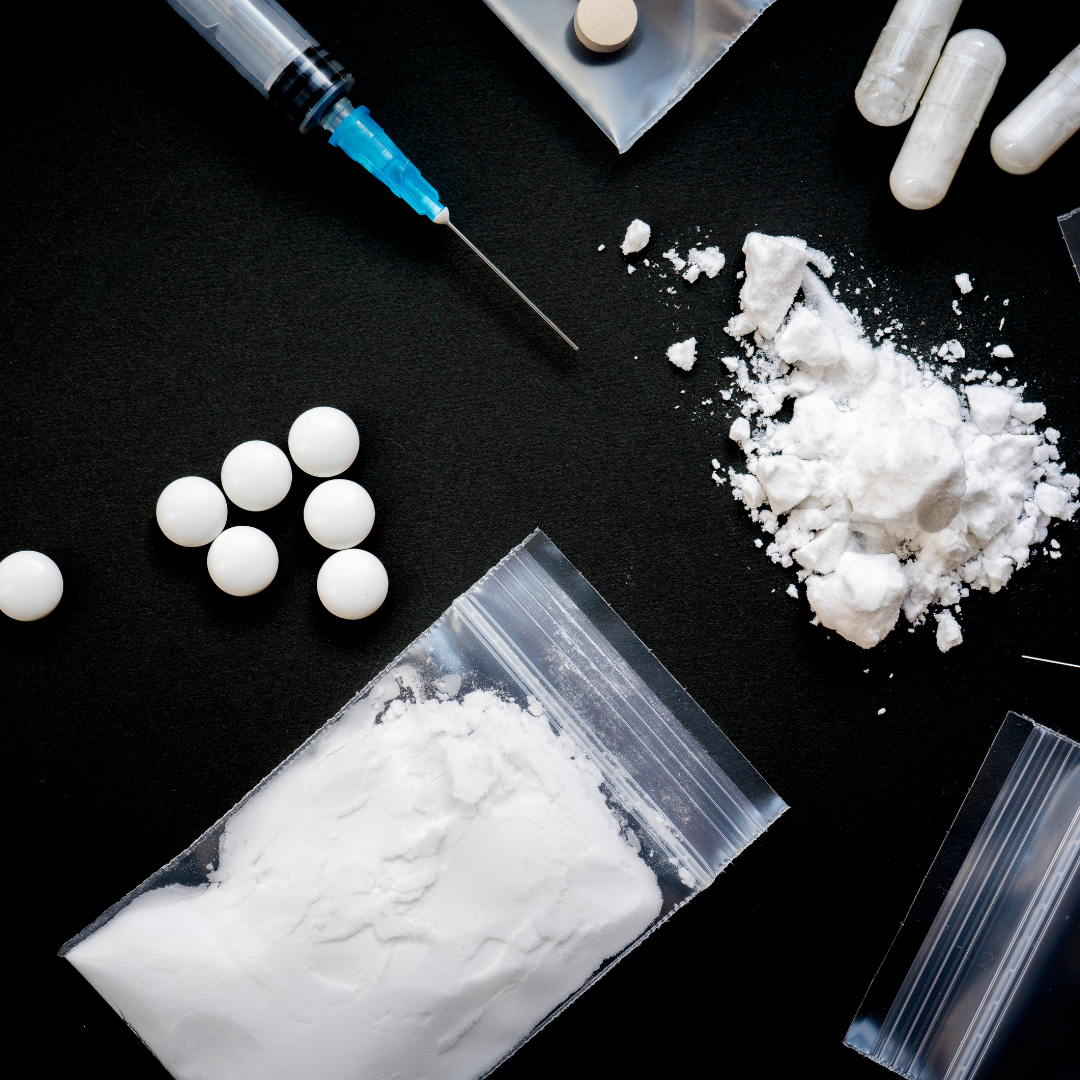Drugs touch our lives in many ways, impacting us either directly or from a distance. Let’s approach this significant issue with empathy and clarity, as we look at the importance of drug addiction treatment.
The Ripple Effect of Drug Use
The ripple effect of drug use extends far beyond the individual, impacting personal health, well-being, relationships, and legal standing. Firstly, drugs can severely affect physical and mental health, leading to conditions such as liver disease, heart issues, respiratory problems, anxiety, depression, and other mental health disorders. This often results in a diminished overall quality of life as the pursuit of drugs takes precedence over other vital aspects.
Secondly, drug use can strain relationships with family, friends, and partners, causing trust issues, emotional turmoil, and social isolation for both the individual using drugs and their loved ones. Lastly, drug-related legal consequences can be significant, ranging from criminal charges, fines, and imprisonment to difficulties in finding employment due to a criminal record, leading to a loss of personal freedom and opportunities.
For instance, driving under the influence of drugs and alcohol could result in a DUI charge, requiring the individual to seek representation from skilled criminal defense lawyers, such as those at reputable firms like Kruse Law Firm. This can result in financial strain, reputational damage, and significant stress for the individual and their family. Additionally, navigating the legal system can be complex and time-consuming, further disrupting one’s life and well-being.
The impact of drug use reverberates through various aspects of society, underscoring the importance of prevention, intervention, and support for those affected.
Recognizing the Need for Help
Engaging in self-reflection is crucial if you or someone you know is facing drug-related challenges. Take the time to ask yourself important questions:
- Am I using drugs to cope with stress or emotional pain?
- Is drug use interfering with my daily life and responsibilities?
- Do I feel powerless to control my drug use?
Seeking support from loved ones can provide valuable guidance and encouragement. Share your concerns openly with trusted friends and family members, leaning on their emotional support. Encourage honesty within these relationships to foster open communication.
Additionally, don’t hesitate to seek professional help when needed. Counselors and therapists from reputed rehab centers los angeles or somewhere in your vicinity, can assist you in addressing the underlying causes of drug use and developing coping strategies. Their treatments are generally designed, specifically for those struggling with and ready to overcome substance use disorders and underlying mental health concerns. Support groups can also offer a sense of community and understanding among peers facing similar challenges. In some cases, medical professionals may also be necessary to address the physical and mental health consequences of drug use. Remember, seeking help is a courageous step towards healing and recovery.
Taking Action: Steps Toward Recovery
Recovery is a journey that requires setting realistic goals and building a strong support system. Starting small is key, focusing on achievable objectives such as reducing drug use, and celebrating progress along the way. Surrounding yourself with a supportive network is vital; connect with support groups, maintain healthy relationships, and seek professional help from therapists and counselors. You may also find it beneficial to connect with an occupational therapist who can help you set goals to improve your daily functioning and adapt to new routines. For assistance in finding an occupational therapist, click here. Developing coping strategies is essential as substance use often serves as a coping mechanism. Identifying triggers, replacing negative habits with positive activities, and seeking professional guidance are crucial steps in this process. While relapse may occur, it’s important to learn from these experiences, understanding the triggers and circumstances involved, adjusting strategies accordingly, and staying committed to long-term recovery goals.
Additionally, treatment may differ from drug to drug. For instance, if you find yourself addicted to opioid drugs, then plant-based compounds like ibogaine may play an important role in the recovery by resetting the brain and reducing cravings. In such regard, researching for an affordable and effective ibogaine treatment clinic can help you in the process of getting better. These centres often provide an encouraging environment that promotes the likelihood of recovery by addressing physical and psychological challenges.
Supporting a Loved One in Recovery
- Educate Yourself
To be a supportive ally, educate yourself about addiction and recovery:
- Understand the nature of addiction: Familiarize yourself with the science and psychology behind addiction.
- Learn about available resources: Research treatment options and support services.
- Communicate Openly
Effective communication is key when supporting a loved one in recovery:
- Encourage honest dialogue: Create a safe space for your loved one to express their thoughts and feelings.
- Listen actively: Pay attention to their needs and concerns without judgment.
- Offer encouragement: Provide positive reinforcement for their progress.
- Set Boundaries
Setting boundaries is essential to maintain a healthy relationship:
- Define your limits: Clearly communicate what you are comfortable with and what you are not.
- Be consistent: Enforce boundaries consistently to establish trust and stability.
- Seek support for yourself: Caring for a loved one in recovery can be challenging, so don’t hesitate to seek support for yourself as well.
Conclusion
Whether you are personally struggling with drug use or supporting a loved one in their recovery journey, seeking help is the first step toward a brighter future. Remember, recovery is a process, and every step forward is a victory worth celebrating.

